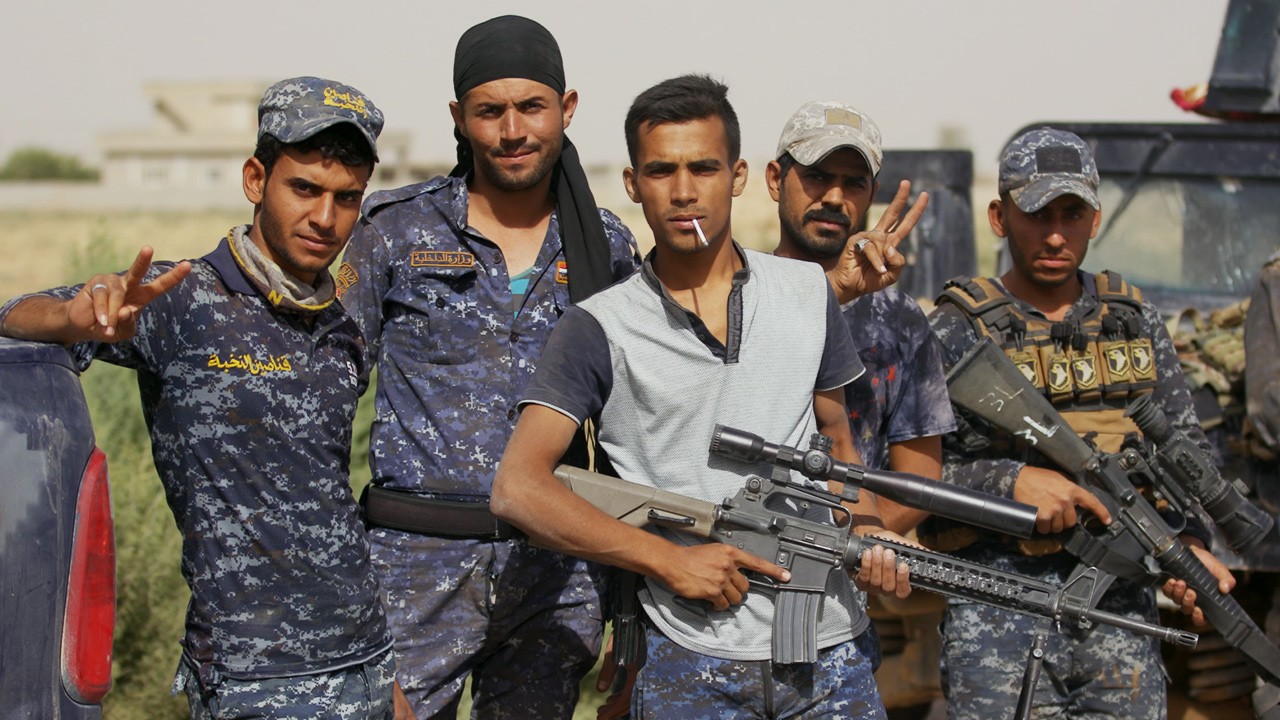Residents of the Egyptian village where 305 people were killed in a mosque attack Friday had been warned by extremists to abandon their Sufi rituals or face reprisals, according to reports.The most recent threats to villagers in Al-Rawdah from militants linked to an ISIS affiliate in the Sinai Peninsula came just a week ago, the Associated Press reported Monday, citing security officials and residents.Militants told villagers to cease any cooperation with Egyptian security services, and instructed them not to commemorate the Prophet Muhammad’s birthday with rituals from the Sufi tradition, a mystical branch of Islam considered heretical by some fundamentalists.Mohammed Darwish, a 30-year-old villager, told AP the militants had twice invaded the home of a tribal leader to deliver their ultimatum.“They threatened him not to hold Sufi gatherings, and last week, they came on motorbikes and asked residents not to participate in Sufi rituals,” Darwish said. The militants had also distributed leaflets telling residents to abandon Sufism.Another villager, Mohammed Ibrahim, said militants had warned locals in the days ahead of the attack not to cooperate with the Egyptian military, after villagers had detained three suspected militants and handed them over to security forces weeks earlier.Friday’s massacre was the deadliest militant attack in Egypt’s modern history. The masked gunmen, who stormed the Al-Rawdah Sufi Mosque carrying an ISIS flag, killed 305 people, including 27 children, and even opened fire on ambulances arriving at the scene. Another 128 people were wounded.No claim of responsibility has been made for the attack, which highlighted the enduring challenge Egypt faces in battling jihadist insurgents in the volatile Sinai Peninsula — even as ISIS loses territory in Iraq and Syria.Islamic State has killed hundreds of Egyptian soldiers and police in its four-year Sinai insurgency, and is blamed for the 2016 bombing of a Russian passenger jet that killed all 224 people on board. Until now, militants have avoided attacking mosques, preferring to target the country’s Christian minority with strikes in Cairo and other cities.ISIS propaganda has repeatedly made threats against Sufis, who number around 15 million in Egypt, and has previously singled out Al-Rawdah, birthplace of an important Sufi cleric.In an issue of ISIS’s al-Naba newsletter last December, an ISIS religious leader said the group’s “primary focus lies in the war against polytheism and apostasy, and of those, Sufism, sorcery and divination.” In March, ISIS’s Sinai affiliate posted videos of its religious police forcing Sufis to renounce their beliefs under threat of death, and of militants beheading two elderly Sufi men in the desert.Ahmed Saqr, an expert on the conflict in Sinai, said in a Facebook post that the mosque massacre, months after militants had publicly identified it as a target, “raises questions about those who read, analyze and prepare in our security agencies.”
Advertisement
Advertisement
